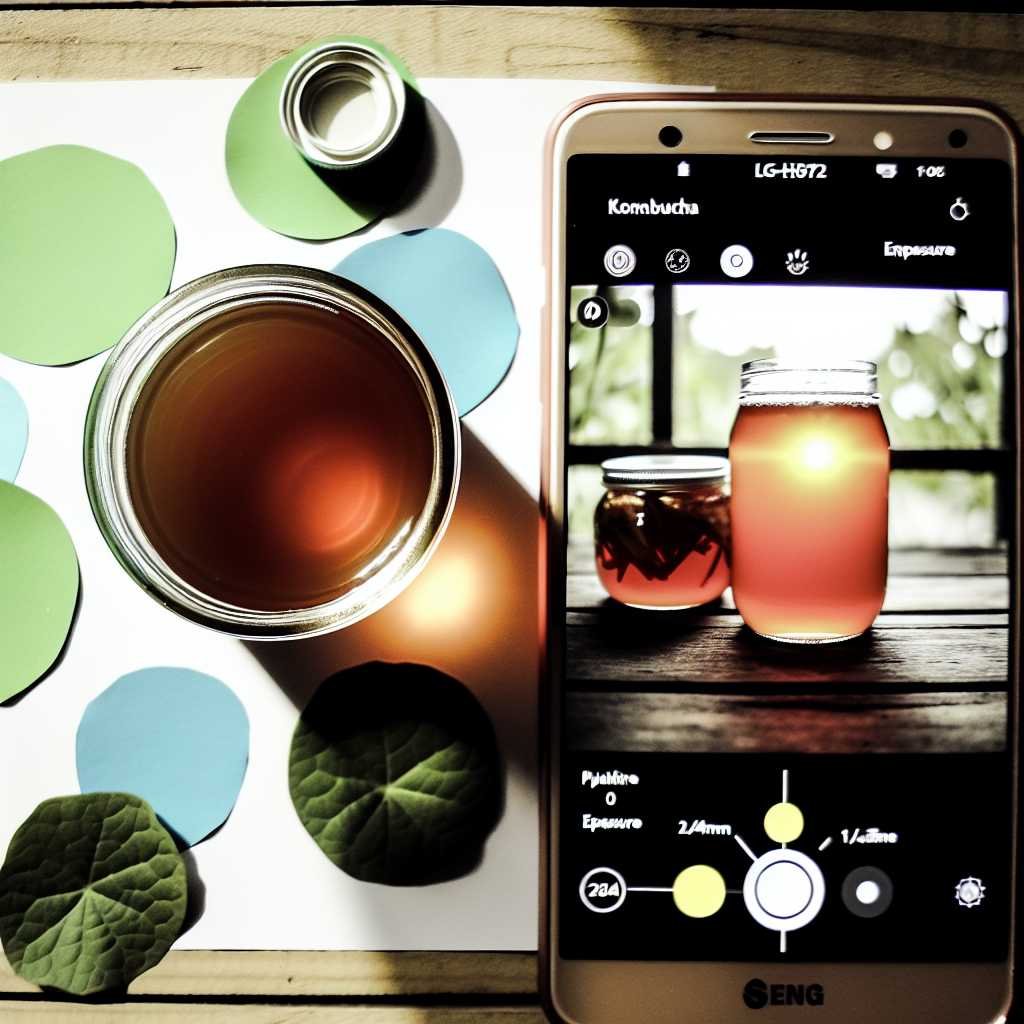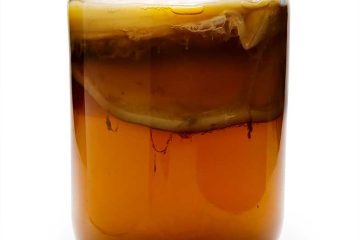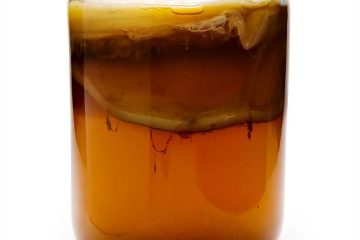kombucha tea history

Embark on a journey through time and taste with the fascinating history of kombucha tea. Delve into the origins of this effervescent elixir that has captivated palates and piqued curiosity for centuries. From ancient civilizations to modern wellness trends, join us as we explore the rich tapestry of kombucha’s past and uncover the secrets steeped within each tangy sip.
Table of Contents
- The Fascinating Origins of Kombucha Tea Unveiled
- Exploring the Traditional Brewing Techniques of Kombucha Tea
- Q&A
- Final Thoughts

The Fascinating Origins of Kombucha Tea Unveiled
Legend has it that Kombucha tea, a tangy and effervescent drink, dates back to ancient China over 2,000 years ago. During the Tsin Dynasty, it was known as the "Tea of Immortality" due to its believed health benefits. The tea was traditionally made by fermenting a combination of tea, sugar, and a symbiotic culture of bacteria and yeast, also known as SCOBY. This unique concoction is still used today in the modern production of Kombucha.As the centuries passed, Kombucha tea found its way to Russia and Europe before gaining popularity in the West. With its probiotic properties and potential health benefits, it has become a staple in health-conscious communities worldwide. The fermentation process not only creates a distinctive flavor profile but also introduces beneficial enzymes, acids, and vitamins. Today, Kombucha tea can be found in various flavors and brands, celebrating its rich and storied history across different cultures.
| Country | Historical Usage |
|---|---|
| China | Known as “Tea of Immortality” in the Tsin Dynasty |
| Russia | Adopted as a traditional health drink |
| Europe | Introduced and embraced for its potential health benefits |
| Global | Popularized as a probiotic-rich beverage with diverse flavors |

Exploring the Traditional Brewing Techniques of Kombucha Tea
In the world of fermentation and probiotic beverages, kombucha tea stands out as a beloved ancient elixir with a rich and intriguing history. Rooted in traditional brewing techniques passed down through generations, each batch tells a story of culture, flavor, and wellness. With roots that trace back thousands of years to East Asia, kombucha has evolved from a homemade remedy to a trendy health drink embraced worldwide for its unique taste and potential health benefits.**Brewer’s Craftsmanship:** The art of making kombucha involves a delicate dance of sweet tea, symbiotic culture of bacteria and yeast (SCOBY), and time. As the SCOBY ferments the tea, it transforms sugars into beneficial acids and probiotics, creating the distinct tangy flavor kombucha is known for. This artisanal process requires attention to detail, patience, and a dash of creativity to craft each batch into a refreshing and nourishing beverage enjoyed by enthusiasts seeking a sip of tradition and a boost of gut-friendly goodness.
| Country of Origin: | China |
| Estimated Age: | Over 2000 years |
Q&A
Q: What is the origin of kombucha tea?A: Kombucha tea traces its roots back to ancient China, where it was known as the ”Tea of Immortality” due to its purported health benefits.
Q: How was kombucha tea discovered?
A: Legend has it that kombucha tea was first discovered over 2,000 years ago by a Chinese farmer who stumbled upon a special tea fermentation process that resulted in a tasty and healthful elixir.
Q: How did kombucha tea spread to other regions?
A: From China, kombucha tea made its way across Asia and Europe over the centuries, gaining popularity for its probiotic properties and unique taste.
Q: When did kombucha tea become popular in the Western world?
A: Kombucha tea gained traction in the Western world during the late 20th century, as health enthusiasts and alternative medicine practitioners embraced its potential health benefits.
Q: What is the significance of kombucha tea in modern culture?
A: Today, kombucha tea has become a trendy beverage enjoyed by health-conscious individuals seeking a flavorful and probiotic-rich alternative to sugary drinks.
Q: Are there any variations of kombucha tea around the world?
A: Yes, different cultures have put their own spin on kombucha tea by adding various flavorings and ingredients to create unique and delicious variations of this ancient brew.




0 Comments